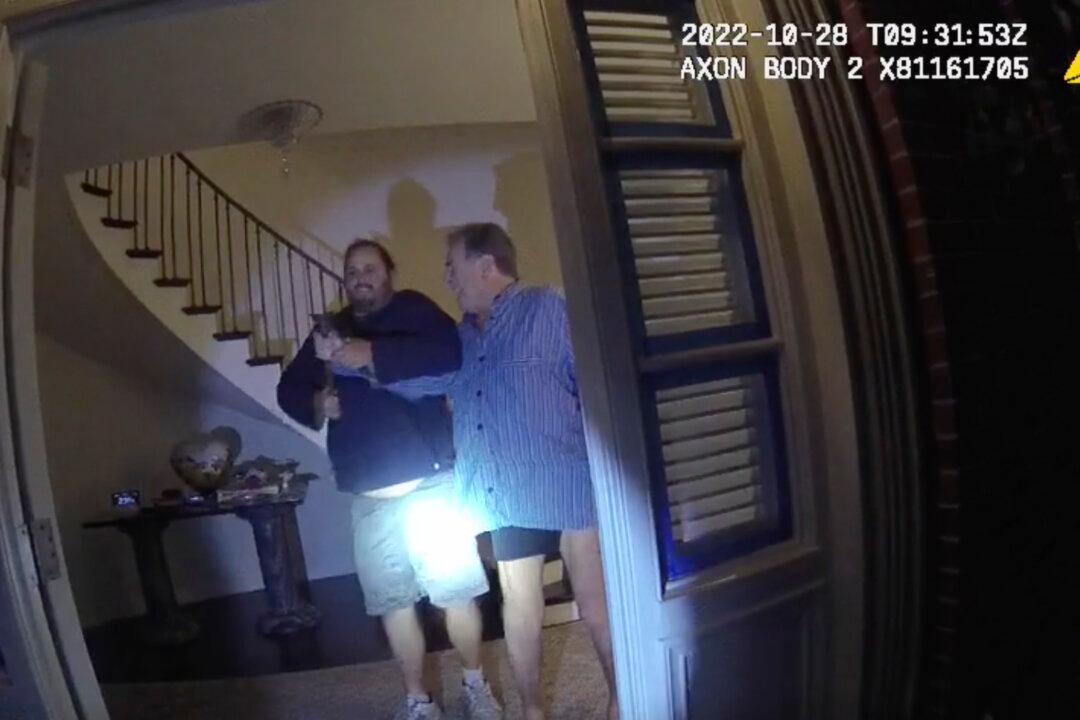David DePape, the man convicted of assaulting the husband of former House Speaker Nancy Pelosi (D-Calif.), has been resentenced to 30 years in prison.
U.S. District Judge Jacqueline Corley of the Northern District of California sentenced Mr. DePape on May 28 to 30 years in prison, the same sentence she handed down on May 17. However, because she failed to allow him to speak during the earlier court proceeding, the judge reopened his sentencing, leading to the May 28 resentencing.





